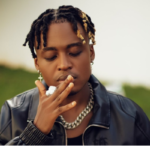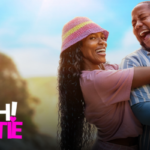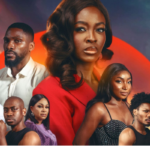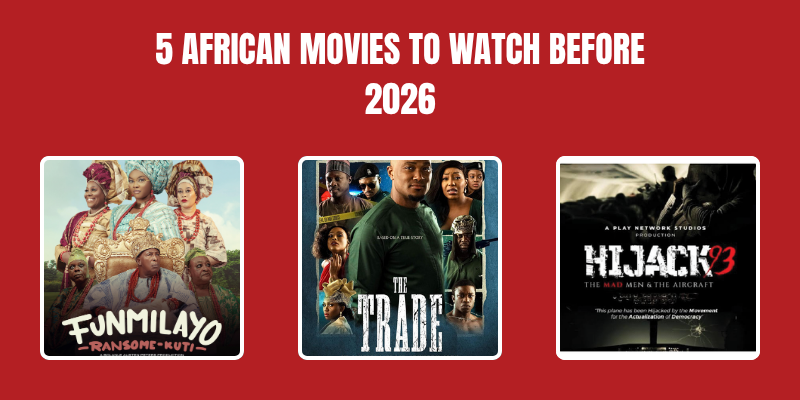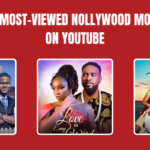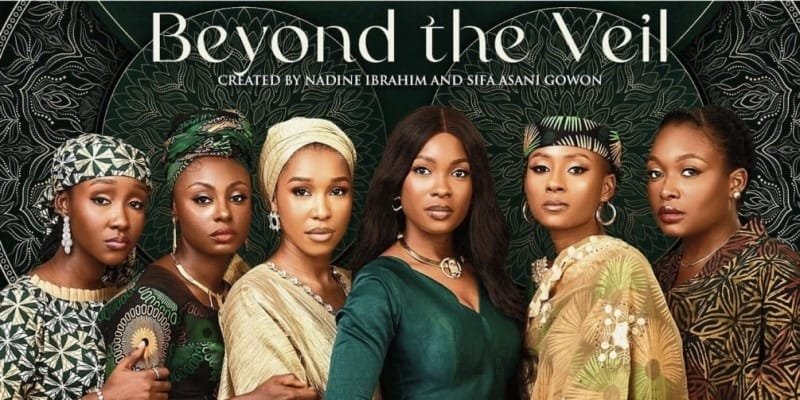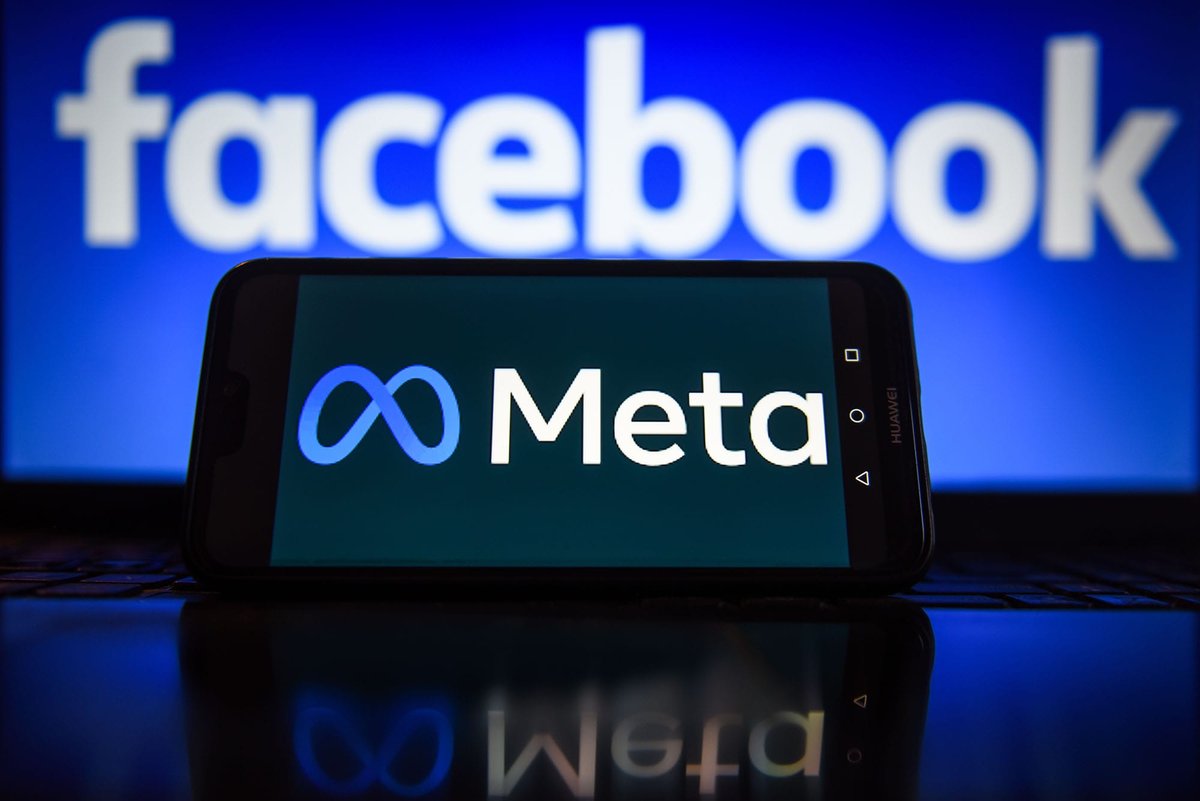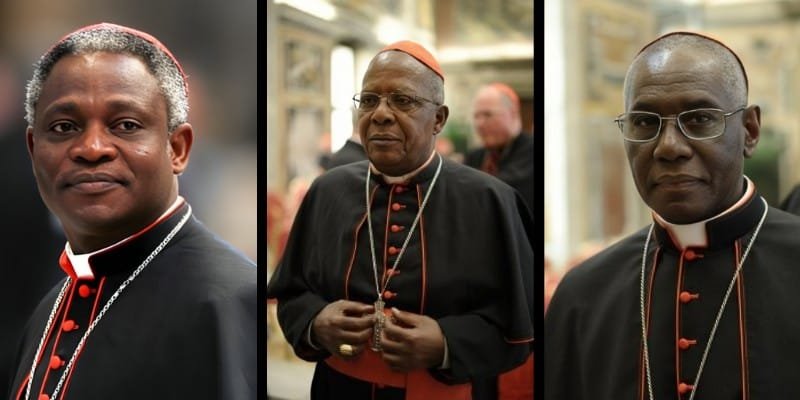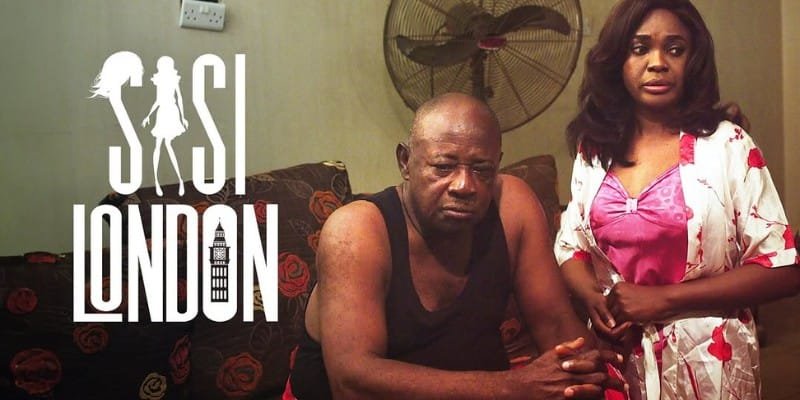In a time when art must meet urgency, The Herd emerges as a cinematic confrontation of one of Nigeria’s darkest and most distressing realities. Directed by Daniel Etim Effiong, who also stars in the film, the movie serves as both a reflection and a reckoning—transposing the real-life tragedies of kidnappings, terrorism, and the long-standing herdsmen crisis into an unflinching visual narrative. Released in October 2025 in Nigerian cinemas and now available on Netflix, The Herd arrives not as mere fiction but as an echo of the headlines and a mirror of the lived fears of everyday Nigerians.
In this way, Herd isn’t just a film; it’s a conversation starter. It’s a cry. It’s a dramatised experience of a nation where safety is a privilege, justice is slippery, and families live in daily suspense. For many viewers, the movie may not be “enjoyable” in the entertainment sense, but that seems intentional. Herd wants to hurt you, to make you feel the fear that has become normalised in many communities.
Plot
The wedding photos were supposed to be the first memory after the vows, a moment of light, laughter and flashing rings. But as Derin and Fola drifted from the gathered crowd, slipping into Gosi’s waiting car for the hotel run‑through, the surface of celebration cracked right in front of us. Gosi’s wife calls; she is reluctant to go through chemotherapy again. Gosi assures her there will be money; he has a plan to raise ₦25 million for her treatment.
They hit the road; while en route, Gosi, Derin and Fola encounter a traffic hold‑up caused by a herd of cattle being moved by herdsmen. As they wait, their vehicle is ambushed by kidnappers. In the chaos, Fola is killed. Gosi barely escapes and hides, though his wife receives a ringing call during the abduction. From his phone, she overhears gunshots and realises what has occurred. The kidnappers capture the group — a corp member, Gosi, Derin, and others — and lead them into the bush. At one point, they force Gosi to cut up the bodies of those shot (including Fola), telling him the parts will feed a body‑parts trafficking operation. One of the buyers, masked and speaking Yoruba, takes Fola’s Apple Watch.
On a parallel track, Detective Garber’s personal story unfolds: his wife is just put to bed, he’s been absent, and their relocation to Lagos is hanging in the balance. He is pulled into the kidnapping case via a hospital call and thrust into the investigation.
Back in Lagos, Adama (Gosi’s wife) receives news. She calls a family member, and soon the kidnappers demand ₦50 million plus a crate of cigarettes, explicitly forbidding police involvement. Fola’s brother was able to track his Apple Watch overseas and follow the trail to a church. A raid behind the church uncovers hidden body parts, and the pastor and church members are arrested. The lead takes them to a dilapidated house filled with an old woman with children; a seeming dead end. Unknowingly, a cover was provided by the kidnappers.
Meanwhile, Halil leads the kidnap‑terror group formerly under the Sheikh. His lieutenant, Anas, and his wife, Habiba (who handles communications with hostages’ families), form the inner circle. Habiba detects a hostage’s escape plan (spoken English) and informs Anas, and a hostage is executed on the spot.
Adamma, desperate for funds, goes to a bank, but they tell her, Gosi must appear as the signatory to access the ₦25 million account. Gosi’s company co‑founder investigates and discovers that Gosi unknowingly withdrew ₦25 million from the company, now in deep debt. With no choice, Adamma turns to Gosi’s parents, long opposed to their marriage (because Adamma is an Osu from their caste system), and they agree to provide the money only if she divorces Gosi and relinquishes the grandchildren. She agrees.
Both Fola’s and Gosi’s families raise the ransom and select the same drop‑off point in Kogi State. When Adama delivers the money, the police, already collaborating with the Derin family, are on site disguised as one of the locals. Gosi and Derin attempt escape but only manage partial success. Halil’s past catches up: he killed his former boss, Sheikh, over a split in profits, which triggers a confrontation with Yakub and his own downfall.
In the climax, Gosi and Derin run, evading Anas and his men, and call Adamma from the road as police close in; she picks up the call, and the rescue team arrives just in time. The two survive the ordeal alive.
Cast
The cast of The Herd was nothing short of stellar, as every performer felt meticulously hand-picked, and the ensemble clicked with uncanny precision.
Daniel Etim Effiong and Genoveva Umeh, as Gosi and Derin, anchored the emotional core of the film with raw vulnerability. Their exhaustion, fear, and unravelling were palpable, and even their costumes told a story. Genoveva’s gown, worn from start to finish, became its own quiet symbol of trauma and endurance.
But the real showstoppers were the herdsmen. Abba A. Zakky and Ibrahim Abubakar, who played Halil and Anas, were almost too convincing. They delivered a chillingly convincing performance: controlled, intimidating, and “disturbingly authentic”. Their crisp accents and steady menace made the kidnappers’ perspective feel painfully real. And when Ladani Suleiman stepped in as Yakub later in the film, he brought a cold, unsettling presence that sealed the terror.

Linda Ejiofor-Suleiman (Adamma) was a standout in her own right. Her emotional descent was gripping, and that scene with the accountant was pure heartbreak. Adam Garba held his own as the detective, adding a grounded calm to the chaos.
The supporting cast was a buffet of Nollywood excellence. Kunle Remi, Mercy Aigbe, Jaiye Kuti, Patrick Doyle, Tina Mba, Deyemi Okanlawon, Adedimeji Lateef, and many others brought depth, colour, and character to the film.
Language
One of the standout elements of the film was its language use. It masterfully blended English as the primary language with strong, intentional use of Hausa and a touch of Igbo and Yoruba. What made the Hausa truly commendable was its authenticity; it wasn’t the kind of Hausa you hear from non-native speakers attempting the language. This was fluent, clean, and accurate Hausa, which significantly enhanced the film’s cultural realism and immersion.
Final take
The Herd, by all standards, is arguably a 10/10. One of the first things that was very striking was how quickly it transitioned from the cinema to Netflix; barely a month, and possibly even while it was still in theatres. That’s rare. But given the security situation in the country, it seemed like a very intentional move. It felt like the producers understood the urgency of the message they were passing and made sure it was accessible to everyone, without waiting for full cinematic runs. That was a powerful and commendable decision by Daniel and the production team.
The setting of the movie was incredibly authentic. This wasn’t your typical “bush path” that looks like a landscaped garden. These were actual, rugged, untouched bush paths. You could tell the terrain hadn’t been overly manicured for cinematic beauty, which added to the emotional weight and realism of the film. It gave the viewer a raw experience, bringing the harshness of the story to life.
The casting was spot on, especially the actors who played the herdsmen; their performances carried such grit and believability. They didn’t overact, yet their presence was terrifying and convincing. They portrayed their roles in a way that made the fear tangible; you felt it through the screen. Linda and Genoveva also delivered strong performances. Their emotions were relatable and grounded, and effectively communicated the trauma and reality of the situation. Each character brought something necessary to the table.
The plot itself was sound and deeply profound. The way multiple storylines were woven together without overwhelming the viewer was very impressive. The subplots, like the one involving the Gosi who stole ₦25 million from his company and Adama’s in-laws, were relevant and added meaningful depth to the overall story. They didn’t distract from the main plot; instead, they added layers of context and humanity.
There were scenes and transitions that may require more than one sitting to fully grasp, but the film successfully gave each character’s story enough space to breathe.
What stood out to me was the moral awareness and realism embedded in the movie. The ending wasn’t forced into a “happy-ever-after” mould; *not everyone survived*, and that was a painful yet honest reflection of the harsh realities people face in Nigeria today. That truthfulness gave the story more weight and made it more impactful.
Also, I appreciated that the police were not vilified unnecessarily. The story clearly showed that this wasn’t a battle of the people vs. the police but a larger war against terrorism. That nuance was important and respectfully handled.
Overall, the movie was intense, intentional, and deeply impactful. From the language and setting to the casting, plot, and moral depth, it delivered on every front. It’s not just a film; it’s a reflection of our present-day Nigeria, and it will stay with viewers long after the credits roll.


